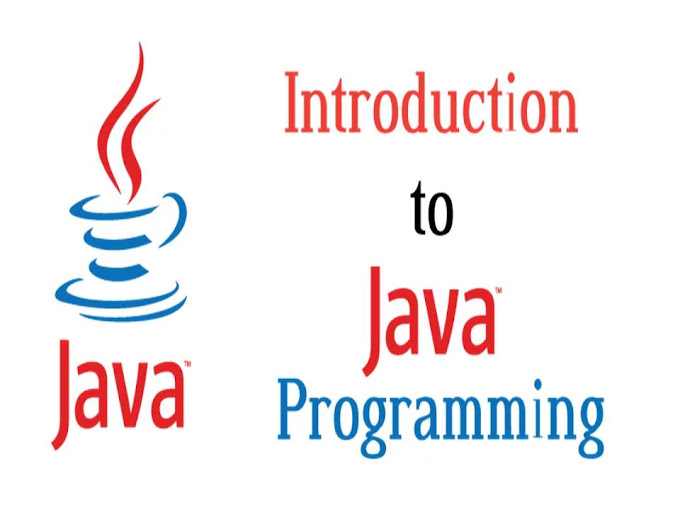Module 1: Introduction to Java
1.1. What is Java?
- History and evolution of Java
- Purpose and applications of Java
1.2. Setting up the Java Development Environment
- Installing Java Development Kit (JDK)
- Configuring Integrated Development Environments (IDEs)
Module 2: Java Basics
2.1. Java Syntax and Structure
- Variables, data types, and operators
- Control flow (if statements, loops)
2.2. Functions and Methods
- Defining and calling methods
- Parameters and return values
2.3. Object-Oriented Programming (OOP) Concepts
- Classes and objects
- Inheritance and polymorphism
Module 3: Exception Handling
3.1. Handling Errors and Exceptions
- Try-catch blocks
- Custom exceptions
Module 4: Advanced Java Features
4.1. Java Collections Framework
- Lists, Sets, Maps
- Collection interfaces and classes
4.2. Generics
- Generic types and methods
- Type safety and code reusability
Module 5: Input and Output (I/O) in Java
5.1. File Handling
- Reading and writing files
- Buffered streams
Module 6: Multithreading and Concurrency
6.1. Introduction to Multithreading
- Creating and managing threads
- Synchronization and thread safety
6.2. Java Concurrency Utilities
- Executors and thread pools
- Concurrent collections
Module 7: Advanced Object-Oriented Programming
7.1. Advanced Inheritance and Polymorphism
- Interfaces and abstract classes
- Method overriding and abstract methods
7.2. Design Patterns in Java
- Common design patterns (e.g., Singleton, Factory)
- Implementing design patterns
Module 8: Java Database Connectivity (JDBC)
8.1. Connecting to Databases
- Establishing database connections
- Executing SQL queries
Module 9: Java Web Development
9.1. Introduction to Java Servlets
- Building web applications with Servlets
- Handling HTTP requests and responses
9.2. JavaServer Pages (JSP)
- Creating dynamic web content with JSP
- JSP scripting elements
Module 10: Spring Framework
10.1. Introduction to Spring
- Dependency Injection (DI)
- Inversion of Control (IoC)
10.2. Spring Boot
- Building web applications with Spring Boot
- Spring Boot starters and auto-configuration
Module 11: Java Persistence with Hibernate
11.1. Object-Relational Mapping (ORM)
- Mapping Java objects to database tables
- CRUD operations with Hibernate
Module 12: Unit Testing in Java
12.1. Writing Unit Tests
- Unit testing basics
- Testing frameworks (e.g., JUnit)
Module 13: Java Best Practices and Code Quality
13.1. Code Quality and Code Review
- Writing clean and maintainable code
- Code reviews and best practices
Module 14: Final Project
14.1. Capstone Project
- Students work on a real-world Java project, applying their knowledge to solve a practical problem.
14.2. Project Presentation
- Students present their projects to the class, showcasing their Java skills and project outcomes.
This comprehensive Java development course provides students with a strong foundation in the Java programming language, object-oriented programming principles, and practical application development using Java. It includes hands-on coding exercises, a capstone project, and discussions about best practices in Java development. Additional resources and practical examples are essential for students to become proficient Java developers.






0 Comments